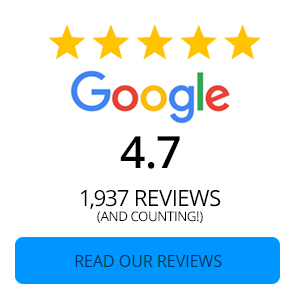What was the number one scam reported to the Federal Trade Commission in 2019? Government Imposter scams. An imposter scam is when someone pretends to be a person you know or trust, like your grandma, employer, or even an official from the IRS. FTC data suggests that pretending to be the government may be scammers' favorite ruse. Since 2014, the FTC has gotten nearly 1.3 million reports about government imposters. That's far more than any other type of fraud reported in the same timeframe. The spring of 2019 saw monthly reports of government imposter scams reaching the highest levels on record.
With technology, fraudsters can spoof emails, phone numbers and text messages to make it look like an email or call is coming from someone it actually is not. Here are a few of the "stories" scammers tell to steal your information and/or money:
Phony Social Security Administration: "Your Social Security number has been frozen, but we'll help you keep your money 'safe'!"
Health & Human Services/Medicare con: "Call now for your free back brace!"
IRS imposter: "There's a lawsuit against you for unpaid taxes."
Fake government grant offer: "You're eligible for a government grant…for a fee."
Bogus police, sheriff or FBI: "There is a warrant for your arrest for failing to appear in court!"
Here is how to protect yourself:
- Beware of unexpected emails, messages or phone calls asking to verify your personal information or account/card numbers. Legitimate companies you do business with will generally not send emails asking you to do this. If in doubt, call the company to verify. Make sure to look up their phone number through other means and not by calling the number provided in the email.
- If you receive a strange email with a link in it, you can use your mouse and hover or long press (but do not click) over the link. This will review the true destination/website where you will be directed to if you actually clicked on the link.
- Never reply - only forward! By selecting reply to the email it will be sent back to the fake "channel" the fraudster created; selecting forward will require you to enter in the actual email address - this is especially important when the email address is being spoofed.
- Be suspicious of any call from a government agency asking for money or information. Government agencies don't call you with threats, or promised of - or demands for - money. Scammers do.
- Don't trust caller ID - it can be faked. Even if it might look like a real call, don't trust it.
- Never pay with a gift card or wire transfer. If someone tells you to pay this way, it's a scam.
- Check with the real agency. Look up their number. Call them to find out if they're trying to reach you - and why.
For more information about scams and additional steps to help protect your information, visit the Federal Trade Commission: http://www.ftc.gov.

